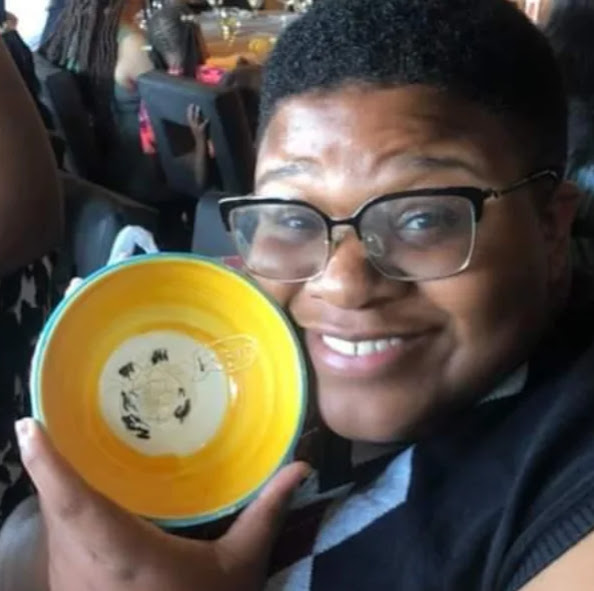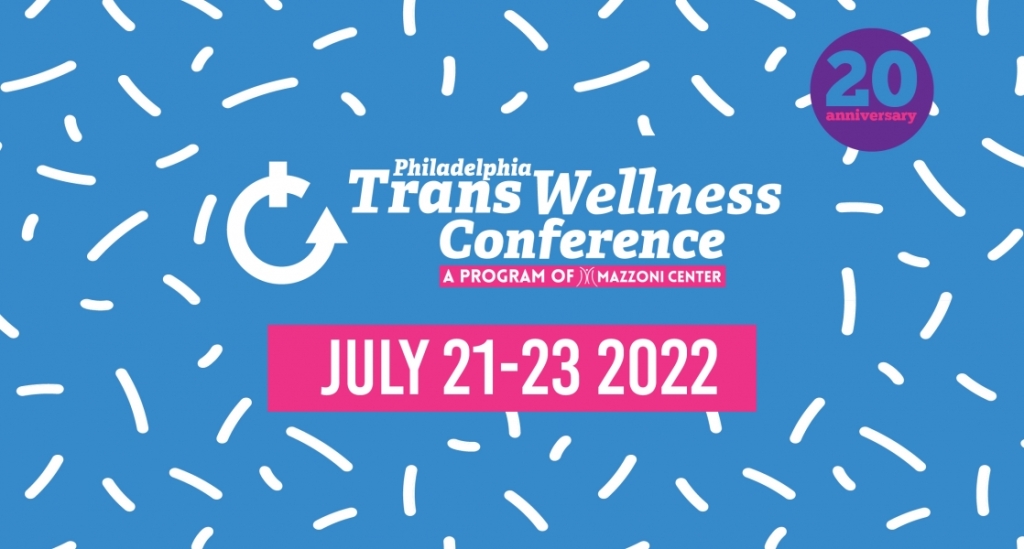This year I attended Philadelphia’s Trans Wellness Conference, hosted by the Mazzoni Center. If you haven’t heard of it, the Trans Wellness Conference (PTWC) is an event started in 2002 by a small team in Philly who saw a “lack of resources and support in the trans community”. Today PTWC is the largest conference in the world for transgender people and general admission is completely free. The current format is a three day symposium which includes workshops of all kinds and exhibitions from Trans oriented groups
It was my first year going and I’m happy to report that I had a great time. In total I attended 15 workshops across the three days and I feel like I got a good sampling of the educational, networking, provider oriented, and medical ones. The ones I didn’t see as heavily were the art centered ones, though I did attend one which was really great. So this post will contain my mini-reviews of a selection of the workshops I attended. This discussion will be split into 4 categories, which rank my experiences in descending order, from Best to Not Great.
My Favorites
In reviewing my schedule I’ve selected three workshops which were #PeakTransWellness: They had a near perfect mix of the following factors: being educational while also being accessible and engaging, going in depth and responding to participant inquiry while also being timely and keeping us on track. These are very hard things to balance and it’s really something special when out of however many a fifth of the ones I’d selected blindly did it all. It’s a sign of just how great the many facilitators of PTWC’s 126 (or so) workshops are. I don’t doubt that there were many others which would have been in my favorites if I could somehow take them all.
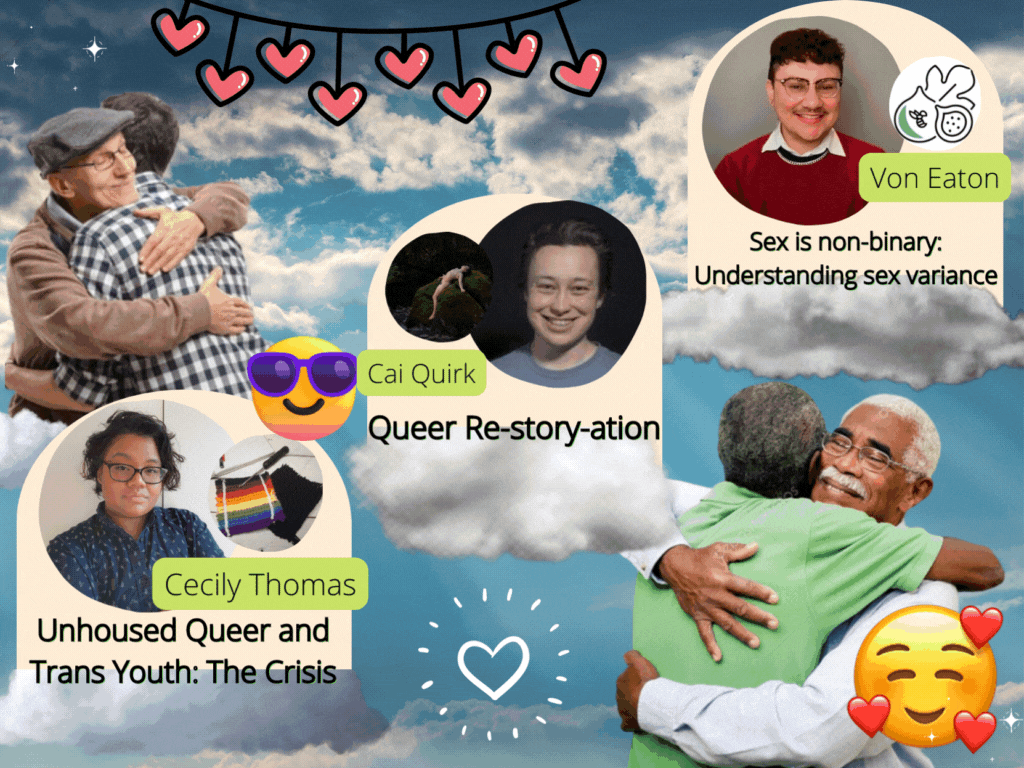
I’ll start with Cecily Thomas‘ (they/he) Unhoused Queer Youth: The Crisis. This workshop was at the end of my first day and I am serious when I tell you any zoom fatigue from the previous 4 hours of instruction was washed away when I heard Cecily welcome us all in with, what’s your morning drink. I really didn’t think I would ever enjoy a Zoom icebreaker that much, but Cecily’s commitment to engaging with the chat alongside their cozy charisma made it work. The same was true all throughout this workshop. Even with as weighty of a topic as Queer youth homelessness Thomas picked up the pieces and weaved together the interlocking patterns and histories of the United States, Federal Housing, Policy, and Statistic with their own experiences to help us understand this phenomenon. Even with that there was time made intentionally for taking action, and since Cecily’d been cultivating the chat we all pitched in to connect people in the chat with organizations and resources. Thomas leads the way for all educators, providers, and people in attendance to do better, together. Great stuff 10/10 glad to attend.
Much of the compliments I have for Cecily I also have for Von Eaton (He/Him) of Wasp & Fig and his workshop Sex is Nonbinary: Understanding Sex Variance, a holistic view of the subject matter, great pacing, openness to non-binary thinking in both the information he provides and responses to questions. So I’ll focus on the special stuff I liked from this seminar. For starters, this workshop is intentionally framed around decolonization and decolonized understandings. There are many versions of this workshop which might take great care in exploring the limited understandings of medicalized sex. However, Von abandons those understandings entirely in favor of kickstarting the real work of decentering the medical model, bioesentialism, and white supremacy from being or embodying intersex categorization. I cannot tell you this for certain, but I feel strongly that everyone in the room was genuinely understanding Eaton due to his method of easing the listener into the content. His slides were simple enough that you were able to follow along with what he shared on both the slide and in his speech on the topic. It was one of those spaces where you can feel yourself learning and one doesn’t have to be afraid to ask questions because you know that your interest would be affirmed and supported. Perfect, best thing since jam on toast 10/10
My final favorite is a complete departure from my other favorites, this one is Queer Restory-ation facilitated by writer and photographer Cai Quirk. This workshop is not self explanatory, it’s mostly vibe based, over being purely educational. Queer Restoryation is a concept coined by Cai Quirk to describe a metaphysical act of Re-imagining or creating Queer stories Actively as an act of resistance to colonialist erasure of our histories. “The tapestry of such stories and traditions has holes and tears, gaps and gashes that will not heal themselves. This harm will not simply end, binary ways of seeing the world will not simply disappear — they must be replaced”. This concept is so engaging philosophically and conceptually. In fact, this workshop inspired me to write more about this concept as you will see in my next few posts. After introducing this massive concept we, instead of getting into a heady discussion on its historical ramifications or realities, Cai instead chooses to showcase their artwork, photography and poetry, to illustrate their points. I wouldn’t have even thought of teaching in this way but it was perfect! A real “no notes” workshop literally because of tactical use of emotionally responsive content.10/10 Yeah!!! Woo Woo!!
Excellent

Next are workshops which were pretty excellent but not in the favorites category for one reason or another. An example of what I mean is DIEB for QTPOC: Making your organization more inclusive. This is another one of Cecily Thomas’ workshops so automatic legendary status, same high points. However, there was a tech issue which caused the pacing to be hard to follow. However the workshop did go really well in part because of built-in talks with other Trans people across the country in all different fields about their experiences with inclusion at their workplaces. The workshop was amazing and exceedingly worthwhile, but because of small issues it doesn’t fit my qualifications of perfection. In a similar way to DEIB, many of the workshops in the section are only “just great” because of small things outside of the host’s control (tech issues usually) or that weren’t personally fulfilling to me. I won’t describe all 7 of them here but here is what I enjoyed from a few of them.
I really liked Fighting Health Insurance for Coverage of Your Gender Affirming Care hosted by TLDEF, our host Nikki (they/them) balanced understanding that insurance is essentially structural violence with arming ourselves practically against said violence. S.J. Langer’s (he/him) presentation on Countertransference, when a trans person being results in a provider placing their personal feelings onto their patient, was more openly formatted than many of the other workshops I attended but still did an amazing job of illustrating the many facets of the concept and answering questions in a timely manner. Fuck Your Assimilation, We want Trans Liberation, hosted by Jamie Grace Alexander was a fun dive into modes of “activism” and what they can look like, the chat of that was also popping off with resources and support.
Fine
Workshops which are in the “fine” section are very good but have structural issues which limit their quality from my subjective perspective on them. There are two of these fine ones so I will speak on them both briefly. The issues with these workshops are mostly centered around issues of target audience which will only become more and more relevant as all kinds of new people show up yearly.
To start with my very first workshop at PTWC which really set an amazing tone for the day was Barriers Accessing Affirming Healthcare The Black and Trans Male Experience hosted by Sybastian Smith (he/him) of the National Center for Transgender Equality. This workshop covered what healthcare issues Black Transmasc’s are facing from head-to-toe on both a statistical and personal level, all this while also valuing the lens of intersectionality, well done. I learned a lot from this workshop despite being a Black Transguy myself so if that isn’t a mark of the multiple layers of quality this lecture has I don’t know what is. Though because this workshop 1. covered such a large topic 2. Was oriented towards cis people’s limited understandings of the needs of trans people, we had to briefly go over every aspect of care to maximize learning for them. If 1 was shifted and we just focused on Black Trans Male Mental Healthcare we could have gone in on the topic and given many perspectives on it; if 2 was shifted this whole thing would have been easier because you don’t have to explain so many things which are obvious to us.
The other workshop in the great range is Trauma-Informed Sexual Decision Making, hosted by Nic Mueller (they/them). This workshop does what’s on the tin in an engaging and aesthetically pleasing way. Nic has a steady hand and is intentionally careful about the content provided and its framing which is really important because of the subject matter. I may have a unique perspective on this presentation as someone who is a sex educator who also listens/puts on way too many of these presentations myself, so before I talk about what I didn’t like I just want to address that this presentation is actually flawless, it is clean, informative, well given, and generally helpful. My issue is that I want more or at least I want different from this workshop. In short, the current session is intended for Queer youth, particularly those who have not engaged in talks of consent and trauma. You can see this in the lengthy explanation of the four F’(s+1), usage of the FRIES consent model, and the resources provided explicitly being for youth. All these things are necessary for that group, however because the target audience of 15+ is so broad, those who are already acquainted with these topics miss out on the opportunity to go deeper into applications of the topic. We really don’t have time to go in on how trauma can have visible effects and ramifications on ones sex life, on how certain sexual practices have been documented in use for safe exploration and healing of traumas, how to communicate effectively under the reign of hook-up culture, choosing what model of consent to practice with a long-time partner, etc. etc. From my specific purview as a young person who is also a sex educator+ a person who was active in the chat, that information was certainly of interest to attendees but we didn’t have time. My recommendation is that Nic be paid to do two of these sessions, one for youth and one for adults impacted by trauma so that both groups have their time to ask their own real questions.
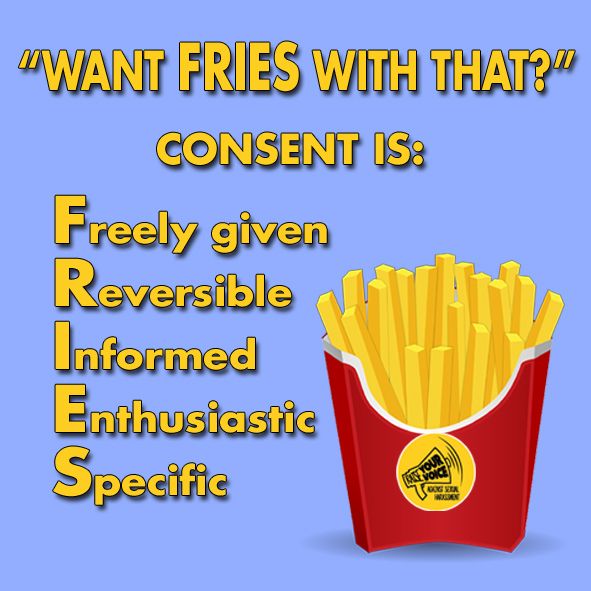
Not Good
This section describes (2 out of the 3) sessions that I was not a big fan of. The criticism of this section are larger issues which could detract from the experience of participants.
First, Masculinizing Surgery From Top to Bottom hosted by Crane Center. This workshop was notably taught by 5 doctors who took the lead on 4 presentations. This workshop is generally informative and helpful, the stuff the team was able to talk about was well addressed. One of the genuinely concerning things present in this workshop, and the thing that put this workshop in the bottom was a suspicious approach to top surgery specifically and stigmatizing comments made around non-binary people. The top surgery presentation is distinct from others in that it starts with the physicians describing “the ‘ideal’ masculine chest”, and while “ideal” is in quotes in the presentation this concept is spoken about as fact. And this description is not general; the “‘ideal’ masculine” as described by Crane is both foreign and distinct in just how young, thin, able-bodied,cis and white it is. This last one was unstated however co presenter Min Jun (he/him) admitted that the statistics and descriptions Crane used of the ideal male chest was data collected from college students who fit the above characteristics. There was no further questioning of that focus though.
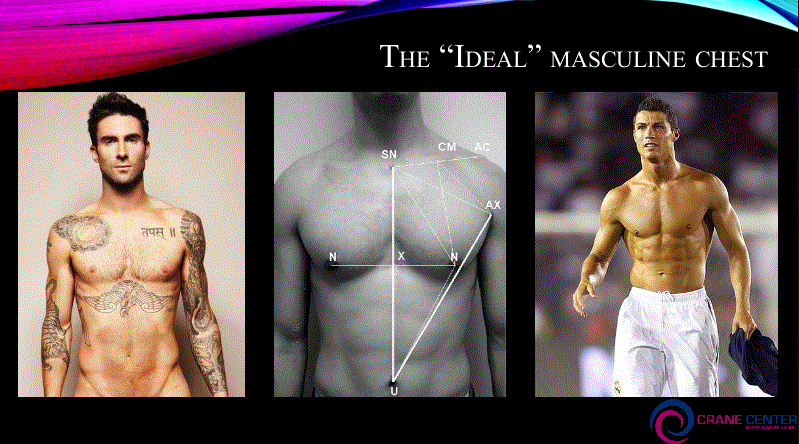
This framework top surgery presentation is strange considering that when talking about bottom surgery there was a strong focus on what the patient’s goals are, instead of the Crane Center’s ideas of masculine features. It would be one thing if the weird eugenics stuff stopped there, but of course it didn’t. Throughout this presentation there were several demeaning comments made by doctors. One about “strange” top surgery specifications for nipples like being bigger, or removed, or heart shaped; Further, when reflecting on healing complications in surgery a doctor even said in reference to nipplies accidentally being more of a vertical oval shape that “[the results are] not male or female, they’re bizarre”. Not the thing to say at a conference in part for nonbinary, intersex, and gender non-conforming people. The chat of course made a joke of these things using the phrase above as nonbinary empowerment and showing major support for heart nips, this of course doesn’t make what was said okay. For some reason the Crane Center decided to lean into their roots as a medical establishment and start passive aggressively policing what people can and should want for themselves. In one sense it’s good that they were honest about this. I wouldn’t want anyone who is nonbinary or doesn’t want a cookie cutter surgery to go here and expect proper treatment. But jesus, they couldn’t pretend to value differing interests in care from the norms they have curated for 1 hour!
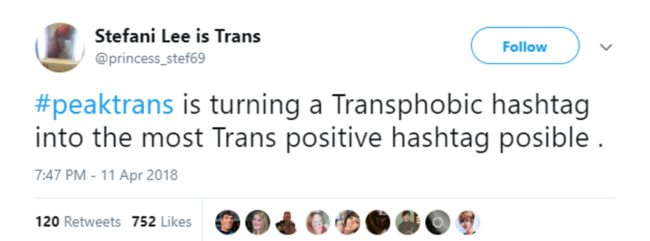
This focus on provider’s desires for transgender care continues with transgressor number two, Taking Care of Me: Protecting and Healing Yourself from the Harms of Healthcare hosted by Jericho Westgate (they/he). This workshop discussed establishing coping skills for dealing with stress and traumas from medical care. I would say out of the bad ones this is technically the “most good” as, one of the core issues with this workshop was a bad decision entirely out of the host’s control: early in the session the chat was disabled for all participants without warning, Jericho wasn’t even made aware of this. In some workshops this would be fine, however this was problematic for Taking Care of Me. One commenter said something like this: “In a space where marginalized people are asked to explore their responses to harm from medical spaces, you prevent them from talking to each other, bad move.”
Having the chat be turned off limited opportunities for Jericho’s connection to attendees in answering questions or in just responding to what commenters were saying. This silence from the chat led me to sit quietly with and reflect deeper on the content taught during this workshop. Leading to my conclusion that the workshop’s focus doesn’t best serve its audience. This presentation, despite being made for trans people, makes the choice to validate them almost solely from an uncritical perspective of psychology. In doing so it gives up on attempting harm reduction.
In using tools straight from the textbook we not only ignore the obvious inaccessibility of many self-soothing techniques, but we also close our eyes to the inherent harms of the medical model of ‘care’ even as it’s featured in psychology. “Taking Care of Me” is a workshop which views psychology/psychiatry as separate & better than the rest of the medical industrial complex; because psychologists are nicer, psychology is somehow distinct from the trauma/stress of healthcare while trans. This is of course nonsense, for transgender people especially, the harms of psychology necessarily collude with the harms of broader healthcare as they toss us back and forth wasting our time with non culturally responsive practices, practices which are outright harmful like medicalized fatphobia & racism, and taking our money. So instead of arming/defending trans people from the traumas of healthcare this workshop instead uses healthcare to react to trauma it itself caused. While one is doing the act of experiencing trauma and coping quicker, there is no harm reduction, there is no healing, there is only ponying up the money for a therapy session immediately after your doctor’s appointment. This is not to say that Jerhico didn’t do well with this presentation as it is, it is fun and engaging, and somewhat useful. However, because there is no consistent focus on their part in decolonizing their recommendations and practices we as an audience lose out on the potential of a Transgender provider to really add to/disrupt the space of trans-healing.

In looking at these bottom-of-the-blog-post workshops we see people given all the power and technical training to share with us what we need. Yet I am left with questions: Why are we casting shame upon Trans people for transitioning how they want? Why treat the struggles of intentionally exploited people as inevitable and then expecting them to #cope through the methodology of the people and institutions who exploit them? Why invest in the medical model to appropriately predict our needs then support us? Now is the time to listen to continued urgent asks for medical providers to truly decolonize their understandings/teachings of trauma, healing, and personhood, because without that, harm even in our education on these topics is inevitable.
Final Statements
This year’s Trans Wellness Conference from my point of view was a rousing success. Even with workshops I didn’t like in mind, I learned a whole lot, made a lot of connections, and had a lot of fun. Something to take away from my experiences is Trans facilitators who presented from the framework of Trans Liberation always did leaps and bounds better than (mostly cis) facilitators who leaned into/enforced traditional modes of understanding, learning, & being. This is in part because facilitators who have done the work if decolonializing themselves and their education are often more learned than those who have simply read a book, if only because they have both learned the rules and how to break them. Hire those people who are doing their due diligence in their work above all others.
Major props to the Mazzoni Center and all the facilitators, admins, and hosts for all doing your part to help this go on. Great job! I can’t wait for next year’s conference.
